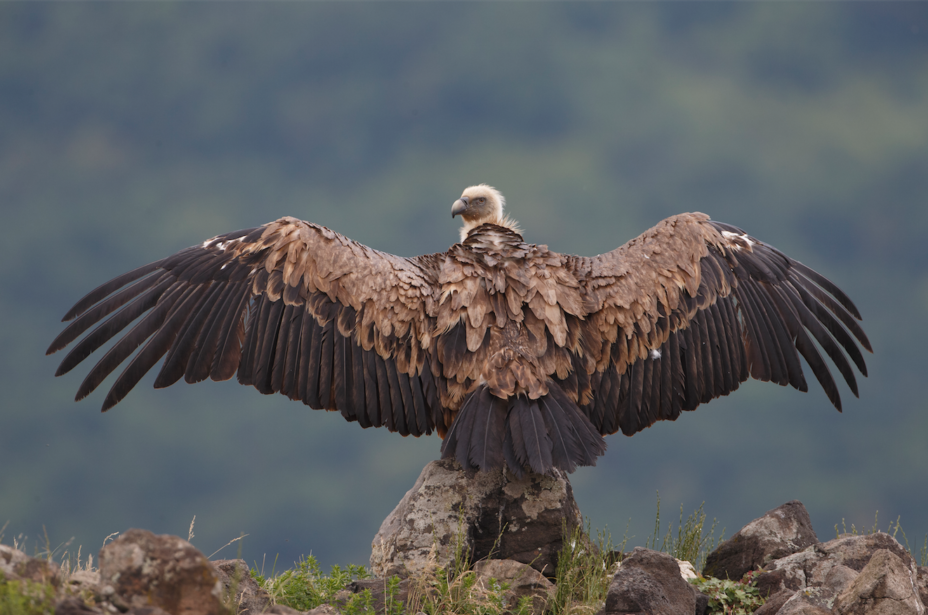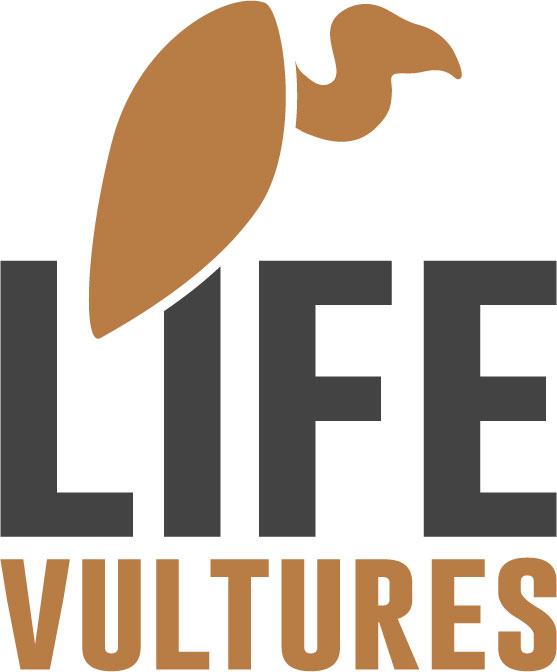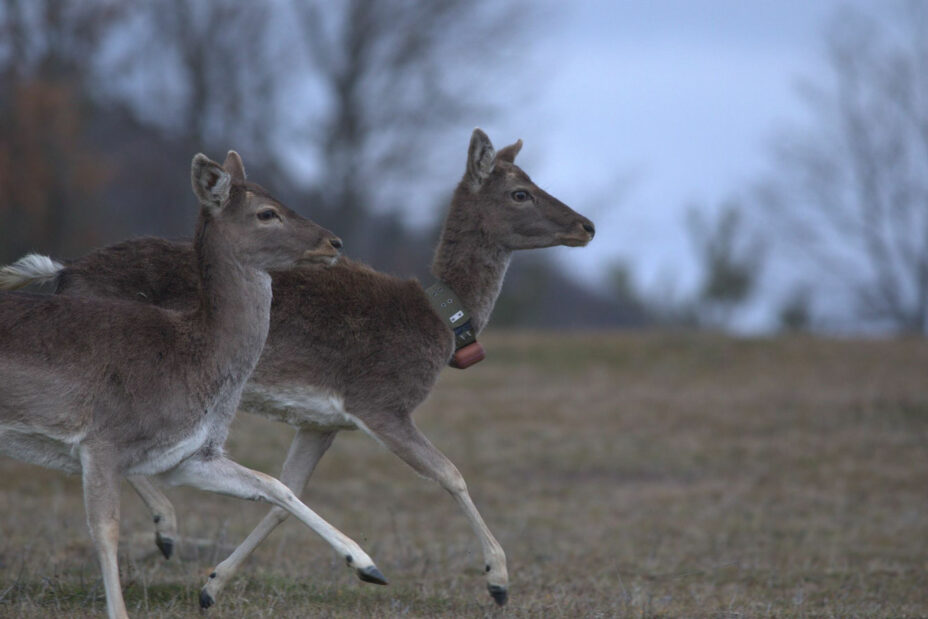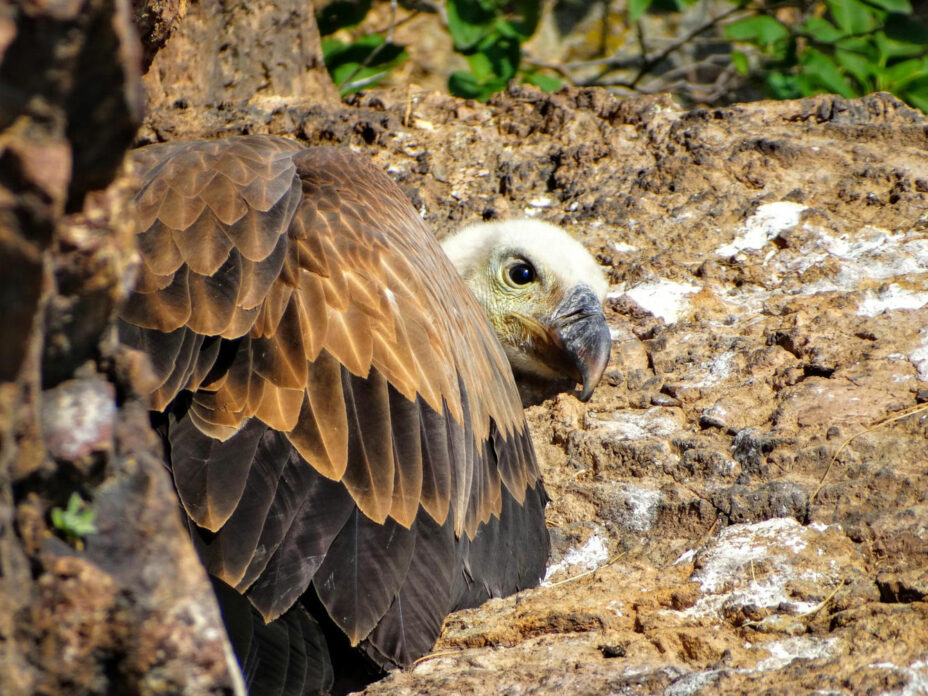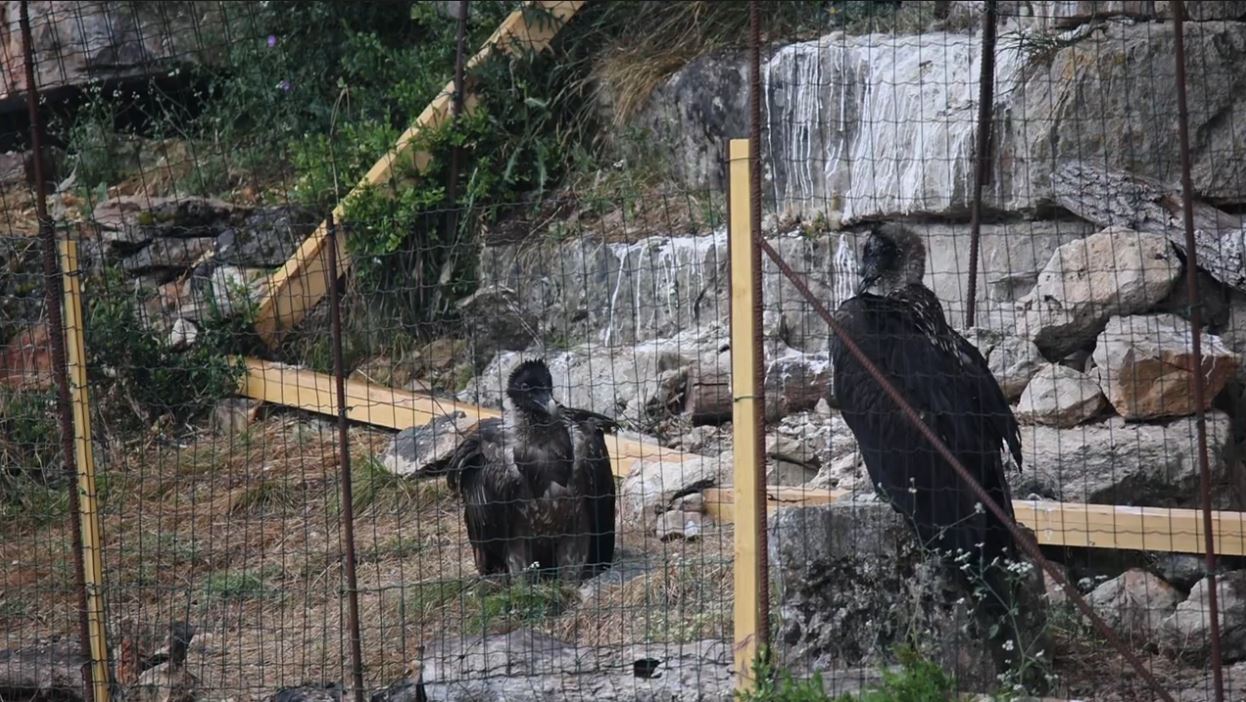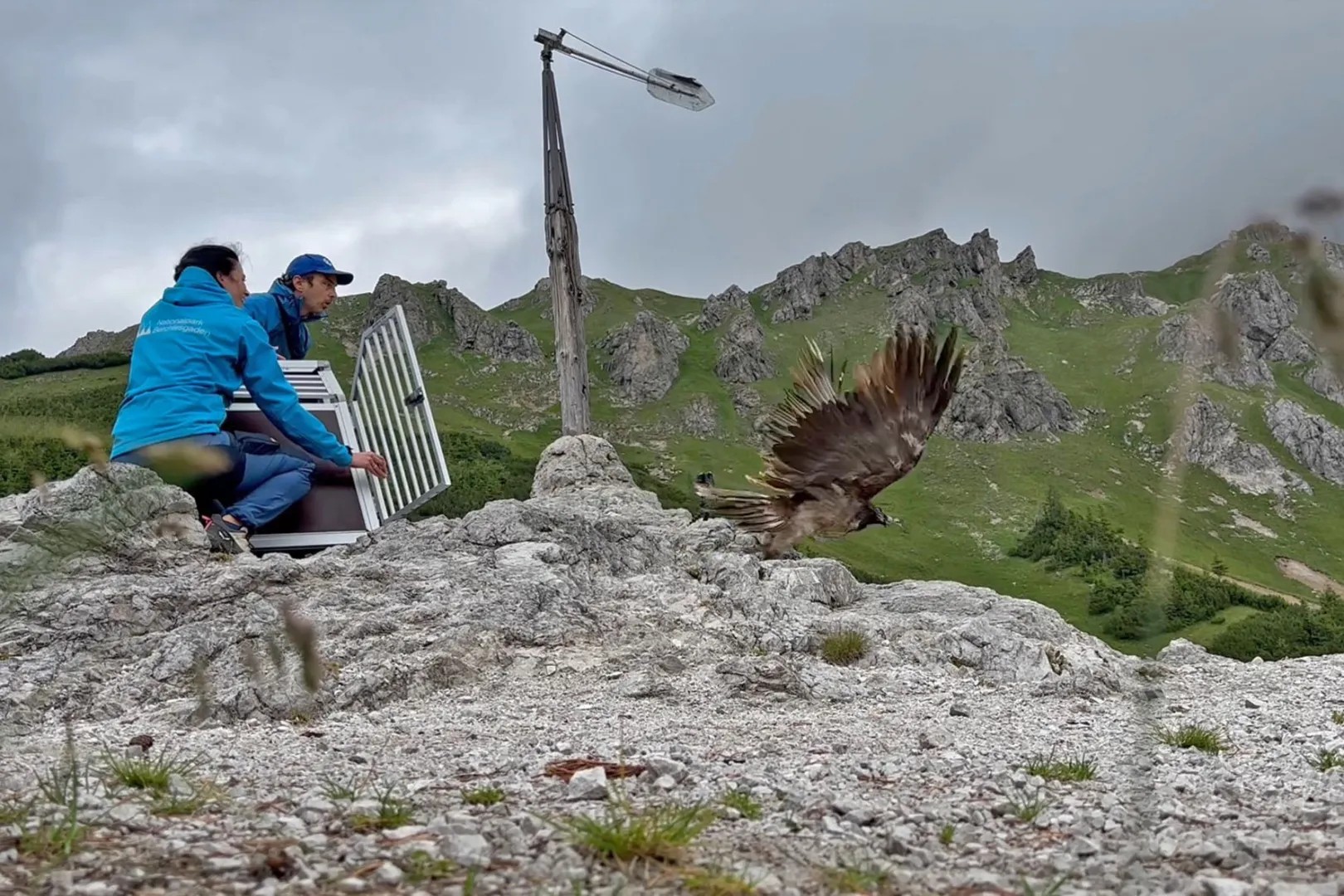
In a collaboration between the Richard Faust Bearded Vulture Specialised Captive Breeding Centre in Austria, Tallinn Zoo in Estonia and the airline LOT/Nordica, two young Bearded Vulture chicks got their first taste of international travel a little earlier than we had expected.
The Bearded Vulture European Endangered Species Programme is a captive breeding network made up of zoos and specialised breeding centres based all around Europe. We here at the Vulture Conservation Foundation manage the captive population of 175 birds to ensure the best breeding results to be able to release chicks into the wild in a series of reintroduction projects.
This year the Bearded Vulture pair at Estonia’s Tallinn Zoo bred successfully and two young chicks hatched, but these needed to be adopted by other breeding pairs at the nearest specialised breeding centre, 1,600km away, in Austria.
Tallinn Zoo’s Bearded Vultures
The breeding pair of Bearded Vultures at Tallinn Zoo
The male of the pair in Tallinn Zoo is a bird that came from the wild in Kazakhstan in 2000, when he was a few months old, and is considered genetically important, refered to as a ‘founder’ bird. Any offspring he produces enriches significantly the gene pool of the reintroduced population of birds. This breeding season marks only the second successful breeding between this male and the female he has been paired with since 2006. This year after the clutch was laid on 30th January 2019 the pair suddenly stopped incubating, similar to what happened during their first breeding in 2016. The team at Estonia Zoo had to intervene to rescue the clutch of two eggs produced and incubated them artificially as they did in 2016.
Finding a new home
The young chicks that hatched could not be returned to their inexperienced parents and because hand rearing is avoided at all costs in our breeding network – as this would make release into the wild impossible and limit the potential for future breeding, the only solution was to send these chicks for adoption – just as we did in 2016. We needed to quickly transfer the chicks to the nearest specialised breeding centre, but that centre was 1,600km away in Austria at Haringsee. In 2016 we tried desperately to find an airline who accommodate the flight of the pair’s young chick in the cabin, but the attempts failed and we were forced to transfer the chick from Estonia to the Richard Faust Zentrum Specialised Breeding Centre in Austria by car, a journey that was high risk for such a young bird. Thankfully the bird survived and is now resident in the Guadalentin Specialised Breeding Centre in Andalucia, Spain.
However, we did not want to repeat that risky journey again with the two chicks that were already 19 and nine days old. So we began the search again for an airline willing to take two very special passengers.
Not your usual passengers
Our colleagues at the European Aquaria and Zoo Association (EAZA) William van Lint and Tomasz Rusek helped us contact the Estonian airline LOT/Nordica and to much relief we made contact with Jaanus Nuut who understood our predicament and promised to do all they could to help. After we have successfully secured CITES and TRACES certifications, Jaanus informed the crew at short notice to make preparations for the two special passengers.
The Bearded Vulture chicks from Tallinn Zoo flying from Estonia to Austria
On 6 April the pair of young chicks, along with their keeper Jelena Semjonova, left Estonia on headed to Austria. Instead of the 18 hour drive the journey took just over four hours from the zoo to the Austrian Breeding Centre and both chicks arrived safely after their travel.
After arriving in Austria the two Bearded Vulture chicks take their first meals
Fostering the chicks

The next step for these young chicks was to be adopted by another breeding pair. The process of adoption is tricky for Bearded Vultures, the young chicks have not encountered adult birds before and can get aggressive, so the right pair is needed. With over 40 years experience in captive breeding, Hans Frey chose birds that have successfully adopted chicks before. By the afternoon the young chicks had accepted their new foster parents.
On behalf of all our partners we here at the Vulture Conservation Foundation would like to thank LOT/Nordica for helping safely transport these two chicks from Estonia to Austria, special thanks to Jaanus Nuut from LOT/Nordica for accommodating our very special passengers and the great support they gave us. Thanks also goes to EAZA, Tallinn Zoo for helping us find a swift solution. Once again, another powerful example of joint efforts and a great international collaboration associated with this charismatic species, and the efforts to reintroduce it to several sites in Europe. All together for (Bearded) Vultures!
